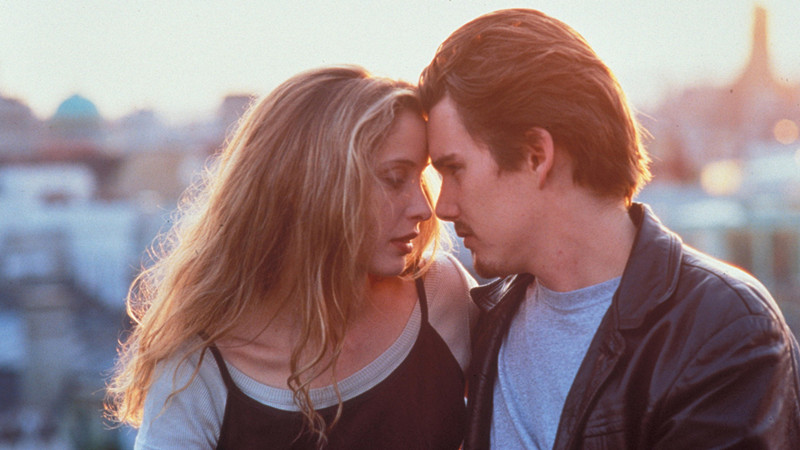
When you are young, it is easy to assume that all that is necessary for a happy life is to find the person you love and spend the rest of your days with them.
Yet, as you grow older, nothing is ever as simple as initially thought, meaning that sometimes the great loves in your life may be those that don’t end quite the way imagined in fairy-tales. Yet, bittersweet is not quite the same as unhappy; whilst an unhappy ending implies tragedy, a bittersweet one is about understanding those moments of connection — however brief they are — that enrich and imbue life with meaning.
The benefit of a romantic film with a bittersweet ending instead of a generic they-all-lived-happily-ever-after one as seen in the best Disney films, is that it teaches the viewer that the affairs of the heart are infinitely complicated, in the process allowing them to think analytically about their own love lives, and to savour those remembered moments they thought would last forever.
By being able to help emotionally process the endless nuances and faults that may comprise a modern relationship, a romance with a bittersweet ending can work as both catharsis and a warning. From science-fiction to musicals, New York To Dublin, this list showcases the ten best endings where the protagonists don’t get what they want, but maybe just find, they get what they need.
It goes without saying that this list contains spoilers for the endings of every movie on this list. Read on with caution.
1. An Unmarried Woman (Paul Mazursky, 1978)
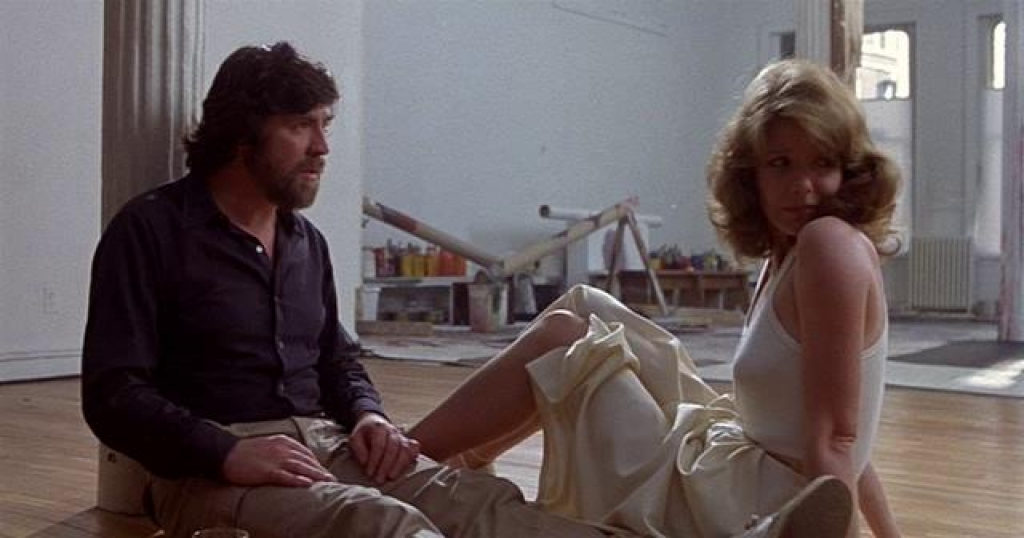
As much a film about personal growth as it is about being in love and being loved, An Unmarried Woman is a coming-to-terms story about a woman (Jill Clayburgh) who seemingly has it all, before finding out that her husband wants to leave her for a younger woman. In the hands of a lesser director, this film may come off as contrived, but with Paul Mazursky at the helm, this is an assured journey about what it takes to rebuild your life and find love again.
Anchored by a career-best performance from Jill Clayburgh, she takes her time to seek out other relationships and flings, before even getting somewhat serious with a painter (Alan Bates) having great sex and long conversations that last right until the sun comes up. Nevertheless, conflicts between them about how to spend their time — he expects her to be at his beck and call — eventually leads to her striking out as an independent woman once again.
One of the rare men in film who eventually understands and respects a woman’s desire for independence, he gives her a painting to remind him by, the final enigmatic sequence of the film seeing her carry this huge canvas across the streets of New York — not knowing what the future will hold, but tackling it head on regardless.
2. Annie Hall (Woody Allen, 1977)
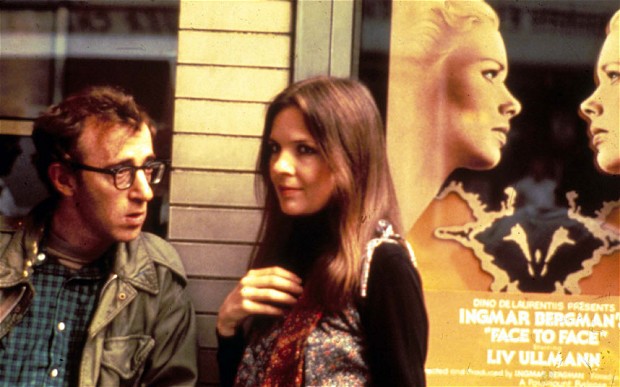
The thing with Annie Hall is that it is not so much about the woman the film is named after, played to perfection by Diane Keaton, but Alvy Singer (Woody Allen) and his immense intellectual capacity for self-destruction.
Perfectly directed and edited, the movie takes us inside his head as he tries to piece together what went wrong with the best relationship in his life. Using a modernist approach to narrative that approximates his desire for closure, Annie Hall resists easy answers whilst still showing what a happily, aphorism-spouting couple they could have been.
The ending is basically an epilogue — we know they have split up — yet it uses the perspective of time in order to lend extra meaning to the relationship, depicting a off-chance meeting that ends up with dinner. As the camera films them saying their goodbyes from inside the restaurant window, it works to depict them as just another couple, thus increasing the universality of the story.
Additionally, the film, which starts with fourth-wall breaking monologue, with Singer giving us his glass half-full approach to life with the anecdote about the food with such small portions, ends with a classic and wise joke — set to Keaton singing “Seems Like Old Times” — about eggs:
“A guy walks into a psychiatrist’s office and says, hey doc, my brother’s crazy! He thinks he’s a chicken. Then the doc says, why don’t you turn him in? Then the guy says, I would but I need the eggs. I guess that’s how I feel about relationships. They’re totally crazy, irrational, and absurd, but we keep going through it because we need the eggs.”
3. Arrival (Denis Villeneuve, 2016)
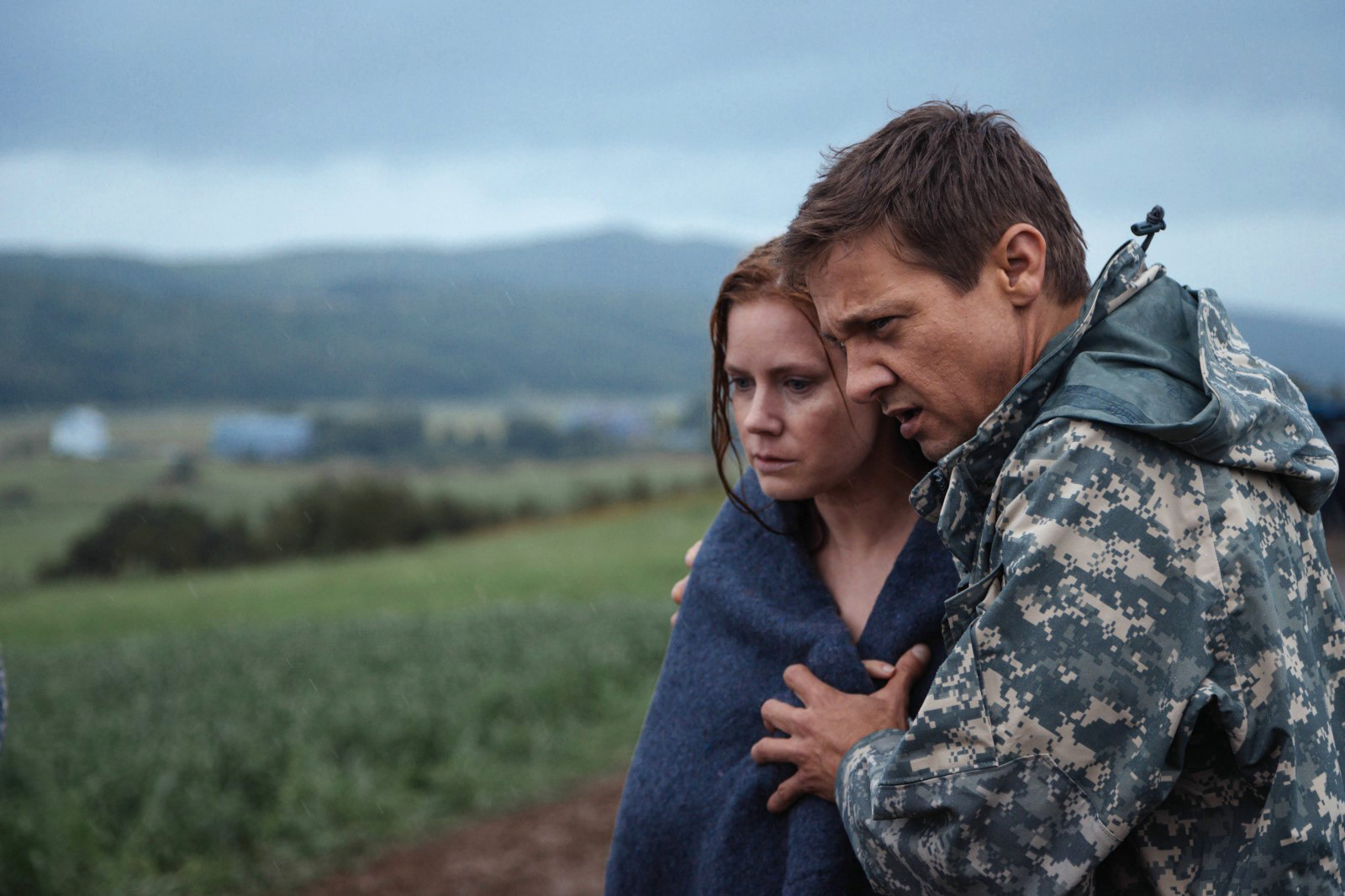
Arrival may just be out in theatres, but its approach to narrative within the form of a science-fiction film makes it a highly bittersweet romance story, precisely because the ending is both deeply joyful and deeply sad.
This is due to the fact that Dr Banks (Amy Adams), having come into contact with the aliens and their four-dimensional conception of time, now knows her entire future, including the man (Jeremy Renner) she is going to marry, have a child with, lose a child with, and finally divorce.
For some, knowing that it won’t end well means not doing it at all, but Banks sees that the joys of marriage and having children far outweigh the eventual sorrow such a relationship may bring. What makes this ending so effective is the way that it is teased throughout the film, only later coming to the viewers attention that what we saw at the beginning actually occurred after the main events of the film — namely the alien invasion — were over.
Usually a twist like this in a movie can be seen as manipulative rug-pulling, but in the case of Arrival it works to give the film its emotional core, making it the best romantically minded sci-fi seen in many years.
4. Blue Valentine (Derek Cianfrance, 2010)
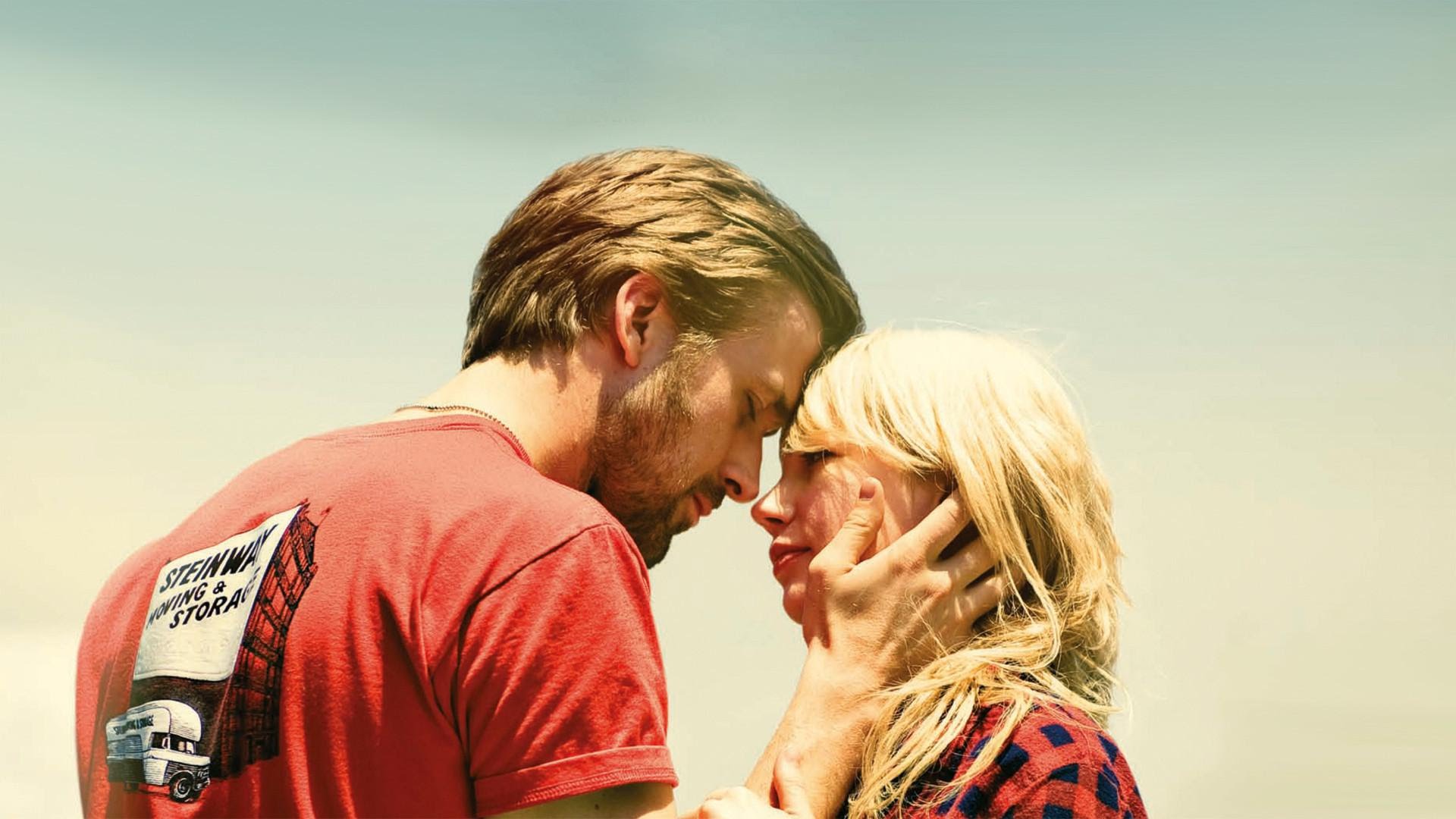
Helping to propel the film careers of both Ryan Gosling and Michelle Williams, both of whom star in Oscar contenders this year, Blue Valentine is a gorgeously devised work that sees a relationship move from beginning to end with every conceivable drama in between. With unforgettable scenes such as the song Gosling plays on the ukulele to the failed attempt at making love in the shower, Blue Valentine is a paean to remarkable relationships that can blossom in the strangest of places.
Nevertheless, with its innovative structure, we see the relationship simultaneously as it begins and as it is slowly dissolving, showing how even the best starts don’t necessarily guarantee the best ends, especially when both couples have to work all day in order to make an honest living.
With Derek Cianfrance leaving it open to whether or not they do get back together, Blue Valentine’s ending remains extremely enigmatic, allowing audiences to determine whether this romance is truly doomed or the two could one day get back together.
By denying us any sense of closure, this film works to represent relationships as inherently messy, and potentially heartbreaking for any children that may be involved. Its not what either character truly deserves, but its what happens to them both, the fact that neither of them are able to define what went wrong revealing how romance can be inherently cruel.
5. Harold And Maude (Hal Ashby, 1971)
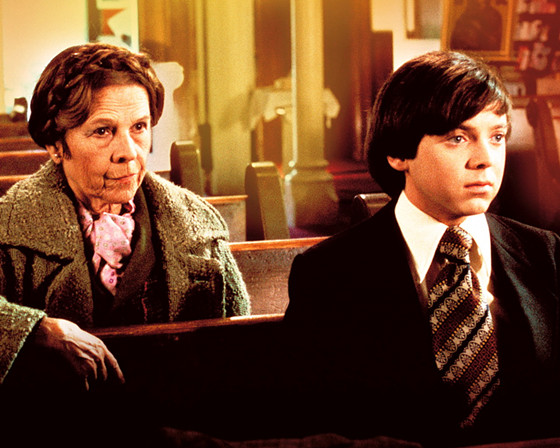
Of all the romantic comedies that have ever been made, Hal Ashby’s Harold and Maude surely ranks as one of the strangest. Depicting the relationship between the death-obsessed Harold (Bud Cort) and the reckless septuagenarian Maude (Ruth Gordon), it could be interpreted as being in bad taste if the characterisation wasn’t so finely thought-out.
The film is ostensibly about how Harold moves outside of his morbid nature, with continuous reenactments of his own suicide, when he comes into contact with Maude, but there is always a sense that things might not work out so well given her advanced age and the distasteful opinion of their relationship from his mother, priest and psychiatrist.
Once Maude has died however, it seems that for Harold, the only meaning for his life has been snuffed out. The viewer is left wondering if he will also follow her into the dark. Yet in accordance with his enjoyment for pretending to kill himself, when he appears to drives his Jaguar off a cliff, he is found in fact to be standing at the top, playing the banjo that Maude gave him.
Complementing the film’s balance of light and dark is the excellent soundtrack by Cat Stevens, composed for the movie, which works to put Harold’s life with Maude into the larger context of his own greater journey just beginning.